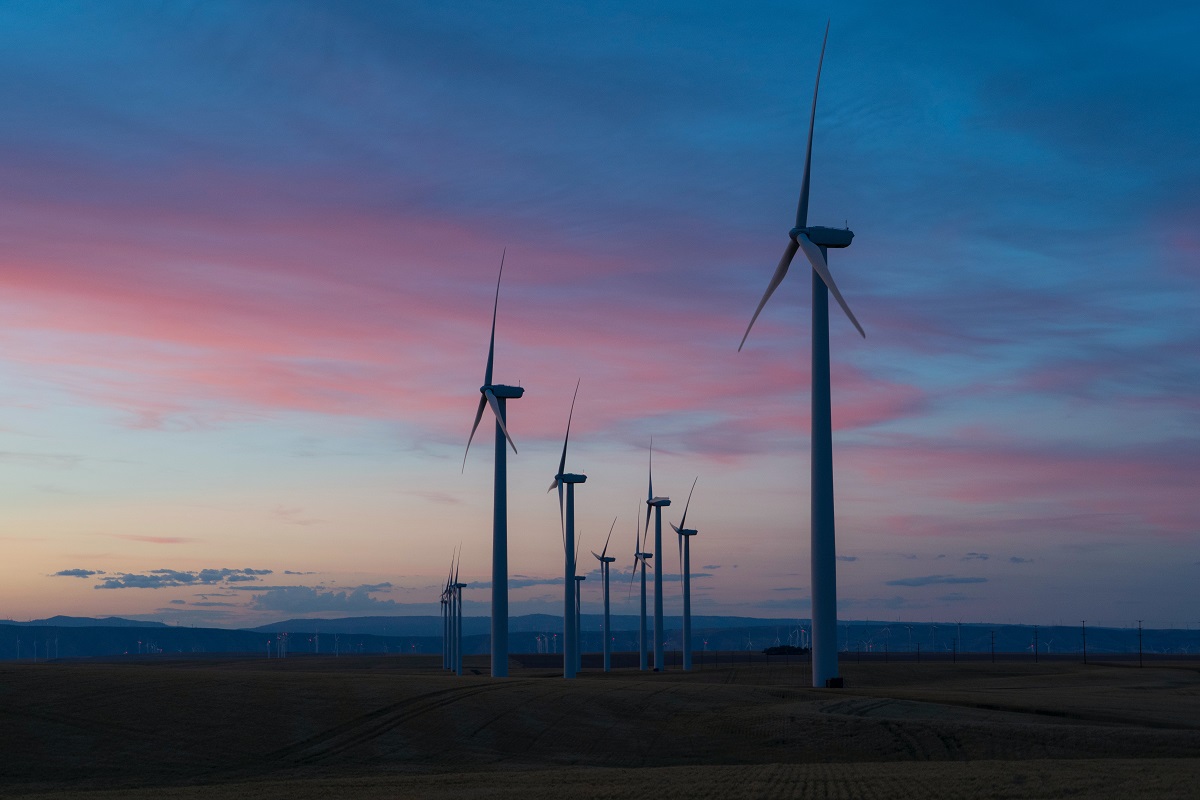Costs for renewable energy sources kept down in 2021 despite fuel crisis and supply chain issues and higher commodity prices haven’t yet had a meaningful impact on project costs. In comparison to 2020, the cost of power from onshore wind, offshore wind, and solar PV all decreased by 15%, 13%, and 13%, respectively, IRENA says in a press release.
The International Renewable Energy Agency (IRENA) today released Renewable Power Generation Prices in 2021, which reveals that over two-thirds, or 163 GW, of newly installed renewable power in 2021 had lower costs than the world’s lowest coal-fired alternative in the G20. According to IRENA, the addition of renewable power in 2021 will reduce the cost of producing energy globally by around $55 billion by 2022, assuming the present high prices of fossil fuels.
By speeding the transition in accordance with the Paris Agreement targets and the 1.5°C warming limit, IRENA’s new analysis reaffirms the crucial role that cost-competitive renewables play in tackling today’s fuel crisis and climate crisis. In governments’ efforts to quickly reduce, and eventually phase out, fossil fuel consumption and minimize the macroeconomic harms they cause in the quest for net zero, solar and wind energy constitute crucial pillars due to their comparatively short project lead times.
According to IRENA’s cost statistics, investments in renewable energy will still provide enormous returns in 2022. The addition of 109 GW of renewable energy in 2021 that is less expensive than the least expensive new fossil fuel-fired alternative will lower expenses in non-OECD nations by at least USD 5.7 billion per year for the next 25 to 30 years.
The competitiveness of fossil fuels will be severely harmed by high coal and fossil gas costs in 2021 and 2022, further increasing the fossil crisis and the appeal of solar and wind energy. For instance, new fossil gas generation in Europe will become more and more unprofitable during its lifetime, raising the danger of stranded assets, due to an extraordinary rise in European fossil gas prices.

